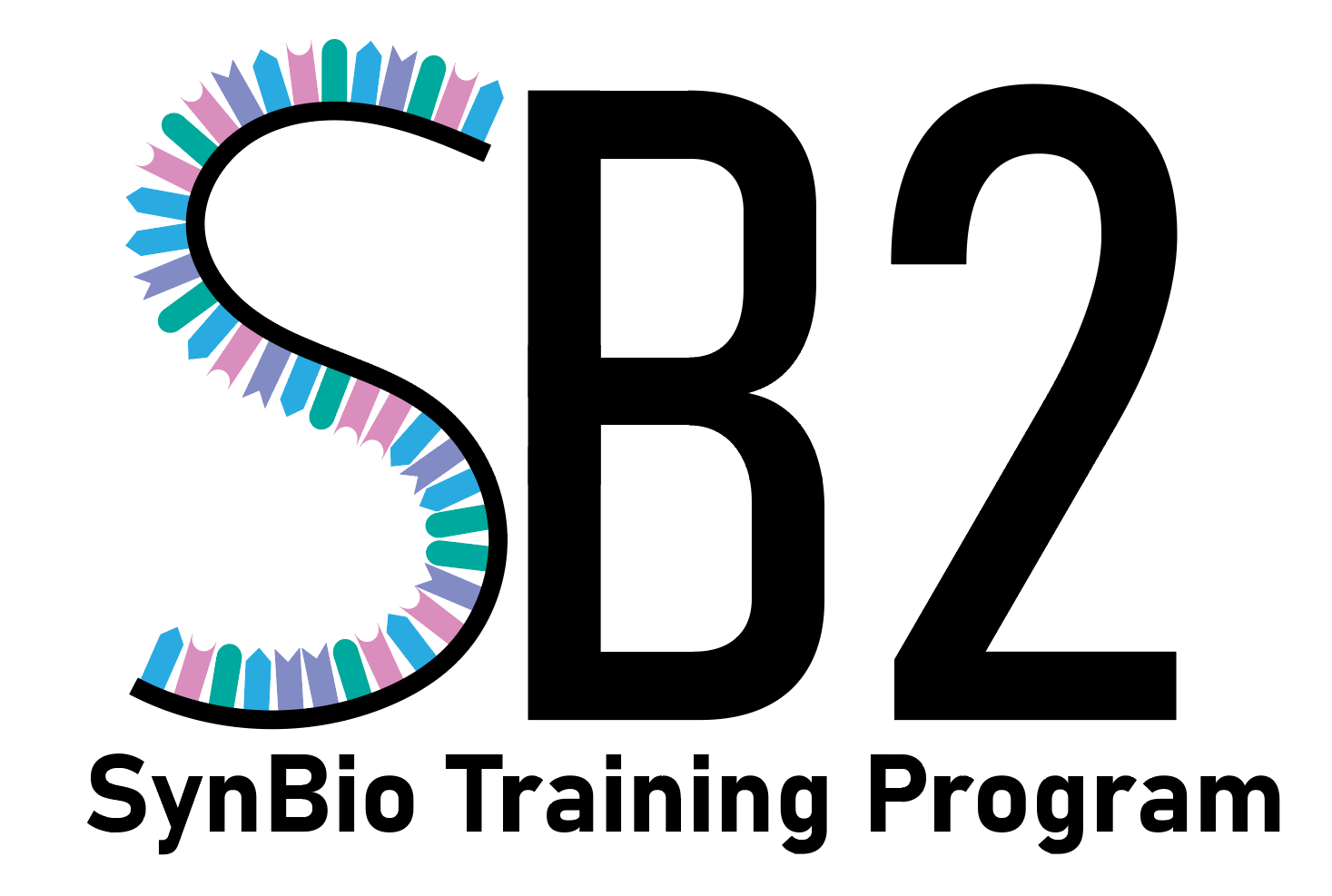TPT Faculty
Douglas Densmore,PhD, Assoc. Prof. of ECE (BME, BI, MCBB): The Densmore group focuses on the development of tools for the specification, design, assembly, and testing of synthetic biological systems. Dr. Densmore aimsto raise the level of abstraction in synthetic biology by employing standardized biological part-based designs which leverage domain specificlanguages, constraint baseddevice composition, visual editing environments, and automated assembly.
Mary Dunlop, PhD, Assoc. Prof. of BME (BI, MCBB): The Dunlop lab is interested in understanding how microorganisms use feedback to respond to a dynamic environment. Dr. Dunlop studies feedback control in both synthetic and nature gene regulatory networks.
Sean Elliot, PhD, Assoc. Prof. of Chemistry (BI, MCBB): The Elliott Group’s is on the interplay of redox chemistry and biology, and understanding how nature tunes, exploits and manipulates redox active molecules to achieve chemical transformations and manipulate energy. Dr. Elliott uses biological, physical and bioinformatic approaches to probe the molecular events of catalysis and the redox “wiring” of microbial organisms and individual enzymes.
Andrew Emili, PhD, Prof. of Biochemistry, Biology (BME, BI, MCBB): Dr. Emili’s research is focused on understanding protein interaction networks and developing innovative technologies to systematically characterize protein complexes on a proteome-scale. Dr. Emili’s work will aid in the identification of new protein interaction components and the characterization of synthetic and natural cell signaling circuits.
Ahmad (Mo) Khalil, PhD, Assoc. Prof. of BME (BME, BI, MCBB), Assoc. Director of BDC, and Harvard Wyss Institute for Biologically Inspired Engineering: Dr. Khalil’s research is interested in how molecular circuits enable core cellular functions, such as decision-making, computation, and epigenetic memory. His team develops synthetic biology approaches and new laboratory technologies to interrogate the function and evolution of these cellular systems.
Joseph Larkin, PhD, Asst. Prof. of Biology and Physics: The Larkin Lab is interested in how bacteria participate in group behaviors and how those behaviors enable them to thrive in diverse environments. The group investigates these questions using time-lapse microscopy, new experimental devices, and models motivated by statistical physics.
Pankaj Mehta, PhD, Assoc. Prof. of Physics (BME, BI): Dr. Mehta is interested in understanding how large-scale, collective behaviors observed in biological systems emerge from the interaction of many individual molecular elements, and how these interactions allow cells to perform complex computations in response to environmental cues. Dr. Mehta is leveraging his expertise at the interface of theoretical physics and biology to help design and understand synthetic biological systems.
John Ngo, PhD, Asst. Prof. of BME (BME, MCBB): The central goal of Dr. Ngo lab’s research is to develop new molecular technologies to address challenges in cell biology and medicine. Dr. Ngo uses protein engineering and synthetic biology tocreate sensorsand probes to visualize specific biomolecules and regulate cell signaling.
Daniel Segrè, PhD, Prof. of Biology and BME (BME, BI, MCBB): Dr. Segre’s lab is focusedon understanding the dynamics and evolution of biological networks. Dr. Segre is particularly interested in the systems and synthetic biology of microbial metabolism in individual species and microbial communities.
Allyson Sgro,PhD, Asst. Prof. of BME (BME, BI, MCBB): The goal of Dr. Sgro’s research is to link single-cell signaling dynamics to multicellular decision making. Dr. Sgro is using synthetic biology to develop novel tools and biosensors to understand multicellular biochemical signaling rules and to reprogram multicellular systems for medical or biotechnological applications.
Wilson Wong, PhD, Assoc. Prof. of BME (BME, MCBB): Dr. Wong’s research is a design-driven synthetic biology lab that focuses on engineering synthetic receptors and control switches in human immune cellsfor immunotherapies. Dr. Wong’s lab is also interested in designing genetic circuits in mammalian cells for drug screening and tissue engineering applications.
